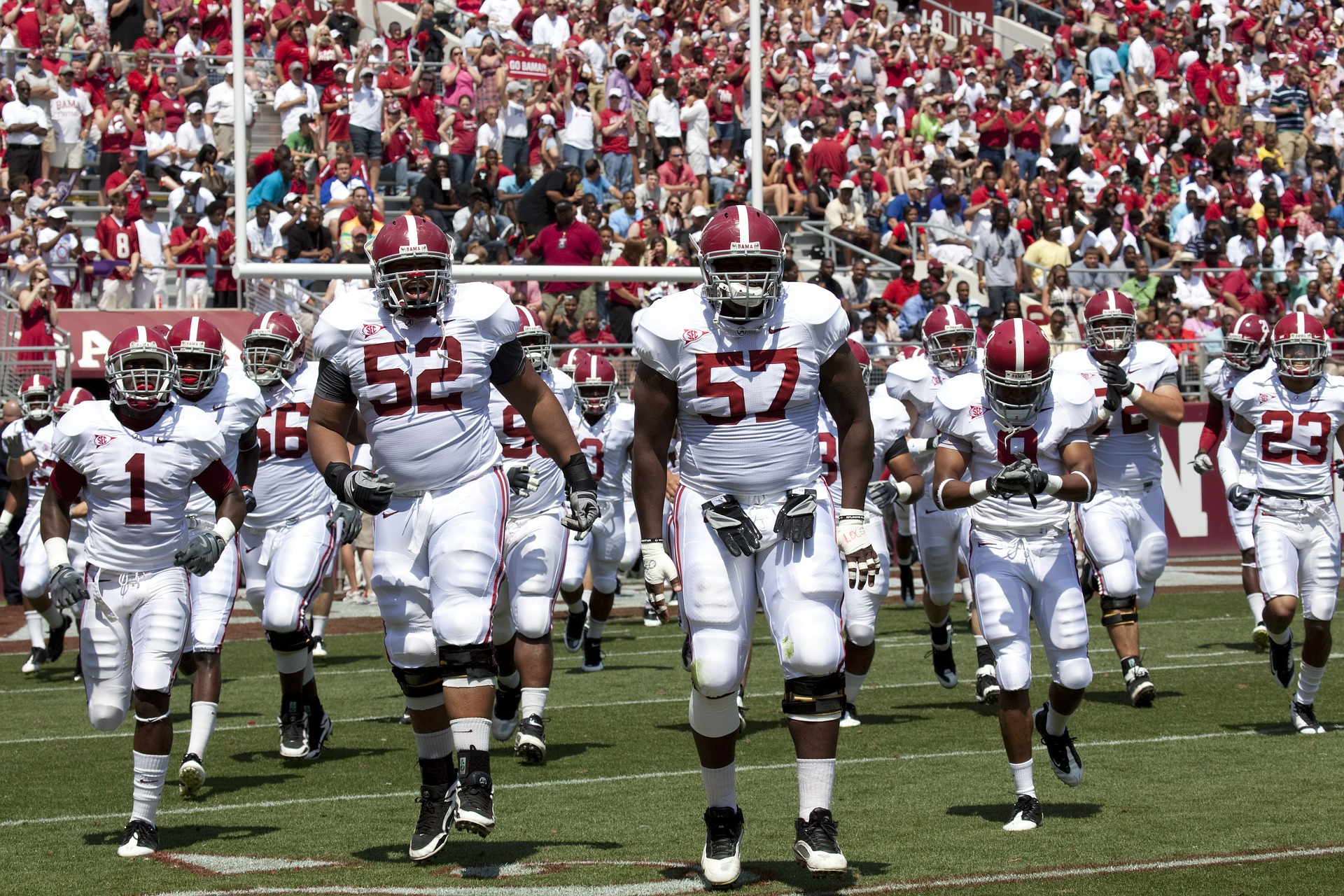For every student, no matter how accomplished or brilliant, the college application process brings uncertainty and speculation. One glimmer of advantage comes with the possibility of athletic recruitment and the higher acceptance rate of sending an early decision application. However, the rules of admissions as we know them are about to change — for the better.
These changes take effect in the coming year and only impact schools that are members of the National Association for College Admission Counseling (NACAC), which has voluntary membership. However, the large number of prominent schools that are members, such as Harvard and Brown University, must follow the rules of the association. Facing pressure from the Justice Department’s two year investigation into violations of antitrust laws, the NACAC changed its code of ethics by taking away three provisions in the document. But what are the ramifications of this change? The biggest difference will be for potential athletic recruits who will gain protection from over-aggressive recruitment methods.
More often than not, college coaches will try to be very persuasive when recruiting strong potential athletes for their team. Their over-eagerness can become coercive, cornering students into a binding agreement without fully thinking through their decision. The new changes to the NACAC ethical code will allow college coaches to recruit student athletes who have already committed to another school. The provision they removed which enables coaches to now do this is as follows:
“Colleges will not knowingly recruit or offer enrollment incentives to students who are already enrolled, registered, have declared their intent, or submitted contractual deposits to other institutions. May 1 is the point at which commitments to enroll become final, and colleges must respect that.”
With this provision no longer in the code of ethics, coaches can now recruit already athletically committed students.
These changes all lean in the right direction: de-emphasizing the cut-throat nature of athletic recruitment. Some college coaches attend the games of high school athletes as early as their freshman year, to watch their performance in games and meets. From that time on, all games, matches, or meets are open opportunities for college and university coaches to stake out their recruits and berate them with recruitment incentives to the school they represent. Despite the perhaps debased intentions of changing the code of ethics due to legal pressure, inevitably, the NACAC’s changes will relieve much of the stress on the athletes’ shoulders in regards to their recruitment. Instead of getting an early offer from one school and accepting too early, students can now take time to consider their choices and even change their mind if a better offer comes around.
The changes will also allow schools to look at a previous year’s applicant pool in order to recruit transfer students. For the non-athletes, the new changes will allow schools to offer any early decision students incentives to apply, such as greater financial aid rewards and priority housing choices.
Even for those who don’t plan on pursuing varsity sports throughout their career in higher education, these changes will be especially helpful for people who need financial aid to attend school. The incentivization of better housing and aid to apply early decision will benefit both the school and students, possibly making this a trend amongst schools in the future. With this increased benefit to apply early, schools will have a larger pool of binding applicants, and the accepted students will find themselves with greater benefits in their admission package. This revision to the code of ethics offers a promising outlook for a better college application process, proving positive changes can develop within the seemingly archaic and rigid college application system.

